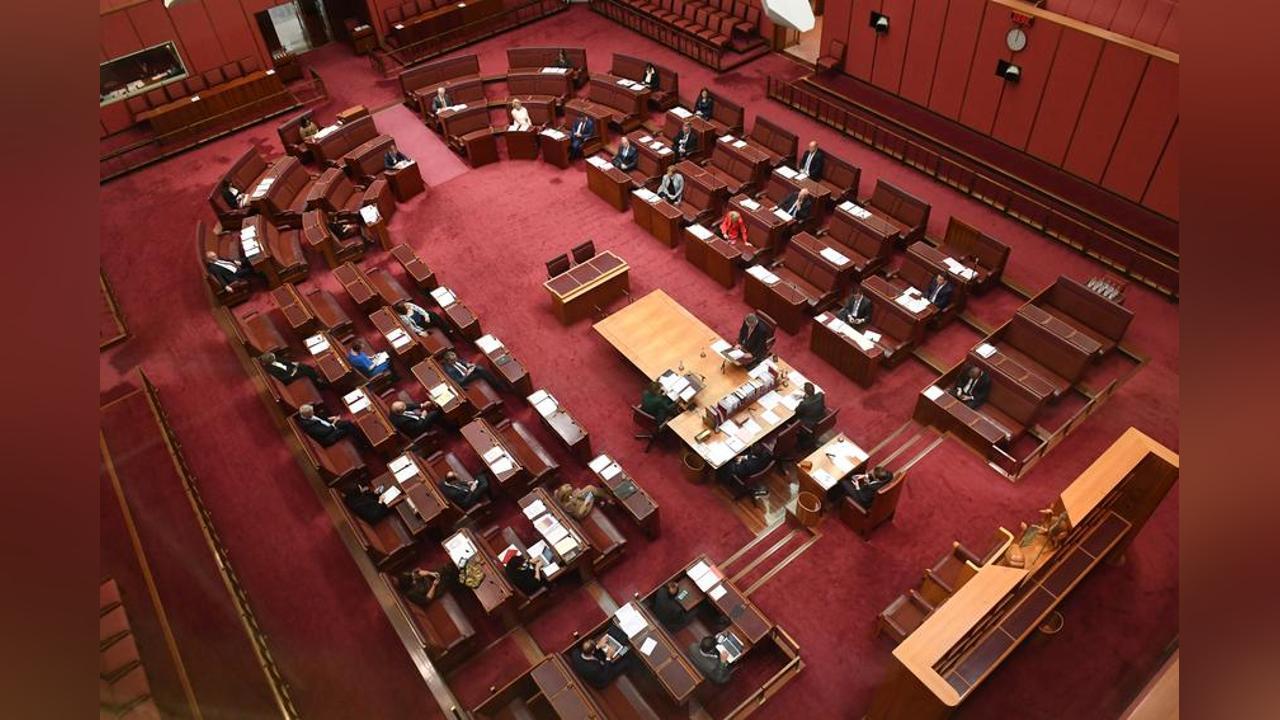Africa-Press – Eswatini. The various loans the country has taken in the past five years will cost the taxpayer E2.7 billion in interest in the upcoming financial year.
The country, during the tenure of the 11th Parliament, sought a number of loans to resuscitate the economy and also set the country on the right pathway towards economic growth. However, these initiatives are said to have reached a stage where the country has to pay interest to service some of the loans. According to sources, the interest is anticipated to be about E2.7 billion. This is almost equivalent to the national budget for the Ministry of Health, which in this current financial year was E2.76 billion, as pronounced by the Minister of Finance, Neal Rijkenberg, in his national budget speech on February 24, 2023.
According to sources, the interest shall affect the national budget as government would have to source sufficient funds to ensure that the interest is catered for, while also guaranteeing that other services and obligations are met. The sources claimed that it was essential that the country developed other sources of generating revenue other than seeking loans whenever an initiative was being pursued.
Confirmed
Rijkenberg confirmed the tentative costs of interest in loans in the upcoming financial year to be E2.7 billion. The minister said the interest was from loans which assisted the country to turn the corner in terms of financial challenges. He said post-2018, arrears stood at E6 billion and government had struggled with paying the wage bill as there were dire financial challenges. He said if all falls into place, with the various programmes that government had and the financial discipline exhibited in the past continued, the country would be on solid ground. It is worth noting that during the tenure of the 11th Parliament, Rijkenberg received backlash on the various loan requests he sought approval of in Parliament. An economist said the country needed to be aware that any more loans it took could undo most of the great strides government had taken towards economic growth.
The economist said the country had been in a positive growth track, as it moved from two per cent in 2018 while, according to the World Bank, in 2021, real gross domestic product (GDP) growth reached 7.9 per cent, driven by services and manufacturing. In 2022, growth slowed to 3.6 per cent, reflecting constrained demand and supply, partly because of external shocks. The economist said: “The country should be cautious and not overspend in the upcoming financial years. Fiscal prudence can drive the economic growth.” He said the country should stall in the proposals for recruiting personnel in the armed forces and other spheres, but should instead invest in improving the quality. The economist said recruiting more personnel came with a high cost to the wage bill, yet if those who were already in the civil service were empowered, the need to recruit would be limited. The economist emphasised that government should deal with the overlap in parastatals and ministries as it became costly in terms of remunerating human resource.
Borrow
He said the country needed to borrow money to have strategic investments, which would lure in investors and also had to focus on accessing loans to develop infrastructure, which would develop the economy and make it investor-friendly. The economics scholar said confidence could be instilled in investors through investing in sectors such as energy and optic fibre. He said any investor seeking to explore business opportunities needed to be guaranteed of sufficient and adequate power. “We need to generate power that will limit the country from importing most it while also ensuring that its supply is efficient as investors may want to exploit the markets in the SADC (Southern African Development Community) as the country has access to them,” he said.
The economist also said technology was a sector that government could take loans to improve, in order to ensure reliable access to the internet. He said the loans taken by government at most should have an emphasis on turning the economy for the better. The economist said the ‘low debt stock’ of the Kingdom of Eswatini needed to be looked at with other factors. These factors, he said, were the ability of the country to repay its loans. He said the economies which had the highest debt ratio were mineral-based economies which meant that they were generating revenue easier than Eswatini. “For Eswatini, the debt ratio looks like a smaller amount; however, we lack the ability to generate sufficient revenue. The dynamics mean that we can not repay.”
For More News And Analysis About Eswatini Follow Africa-Press







